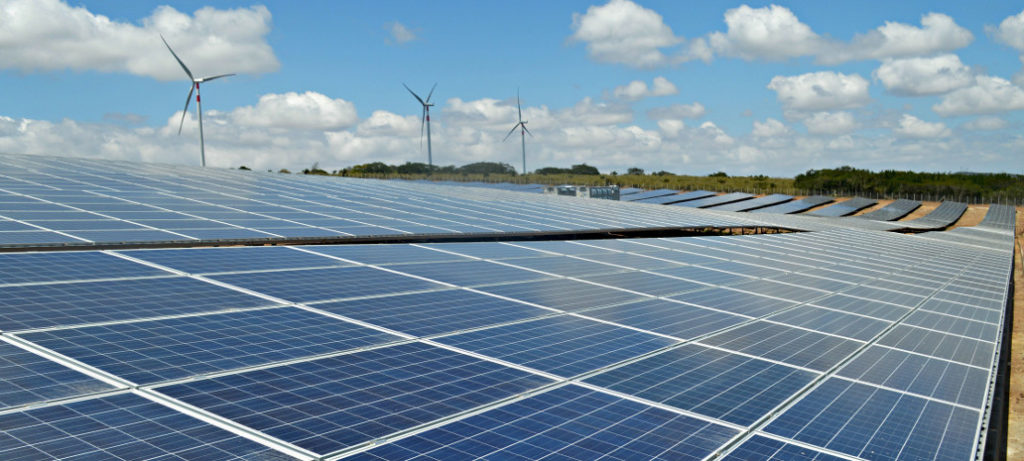Softbank-backed SB Energy was awarded 450 MW at Rs 2.67/kWh (US$0.038), while Adani Green Energy won 390 MW at Rs 2.69/kWh. These were the only two bidders for the 1.2 GW wind-solar auction.
In May this year, SECI announced the first large-scale hybrid tender with a ceiling tariff of Rs 2.60 ($0.036) per unit. However, the response was so poor that the auction was postponed six times and the auction size cut in half, from an original 2,500 MW.
Reeling from a no-show from bidders, SECI raised the ceiling price for the 1,200 MW tender by 10 paise ($0.0014) – from Rs 2.60 ($0.036) per unit to Rs 2.70 ($0.037). The government then invited fresh bids for project, which requires solar and wind power generating facilities to be set up at the same site.
While the industry has dubbed the Rs 2.60 tariff ceiling as unrealistic, SECI Managing Director J. N. Swain denied the criticism. “We do not feel the ceiling price we set is low. If developers set up solar and wind projects at the best sites in a 50:50 ratio, a tariff of Rs 2.60 per unit is definitely feasible. Developers who specialise only in one kind of renewable energy, either wind or solar, are having to tie up with those who have the other specialisation and all this is taking time,” he said.
Industry watchers are doubting the viability of hybrid projects, because of the paucity of optimal sites for wind-solar hybrids. Indeed, while sunshine is widely available, areas with wind speeds high enough to generate wind energy are limited. Land is even scarce in solar-aggressive states like Gujarat and Tamil Nadu, which are already saturated with projects and struggling with grid connectivity access.
Despite this, there are plans to develop 10 GW of wind-solar hybrid projects in the country by 2022.
This content is protected by copyright and may not be reused. If you want to cooperate with us and would like to reuse some of our content, please contact: editors@pv-magazine.com.








By submitting this form you agree to pv magazine using your data for the purposes of publishing your comment.
Your personal data will only be disclosed or otherwise transmitted to third parties for the purposes of spam filtering or if this is necessary for technical maintenance of the website. Any other transfer to third parties will not take place unless this is justified on the basis of applicable data protection regulations or if pv magazine is legally obliged to do so.
You may revoke this consent at any time with effect for the future, in which case your personal data will be deleted immediately. Otherwise, your data will be deleted if pv magazine has processed your request or the purpose of data storage is fulfilled.
Further information on data privacy can be found in our Data Protection Policy.